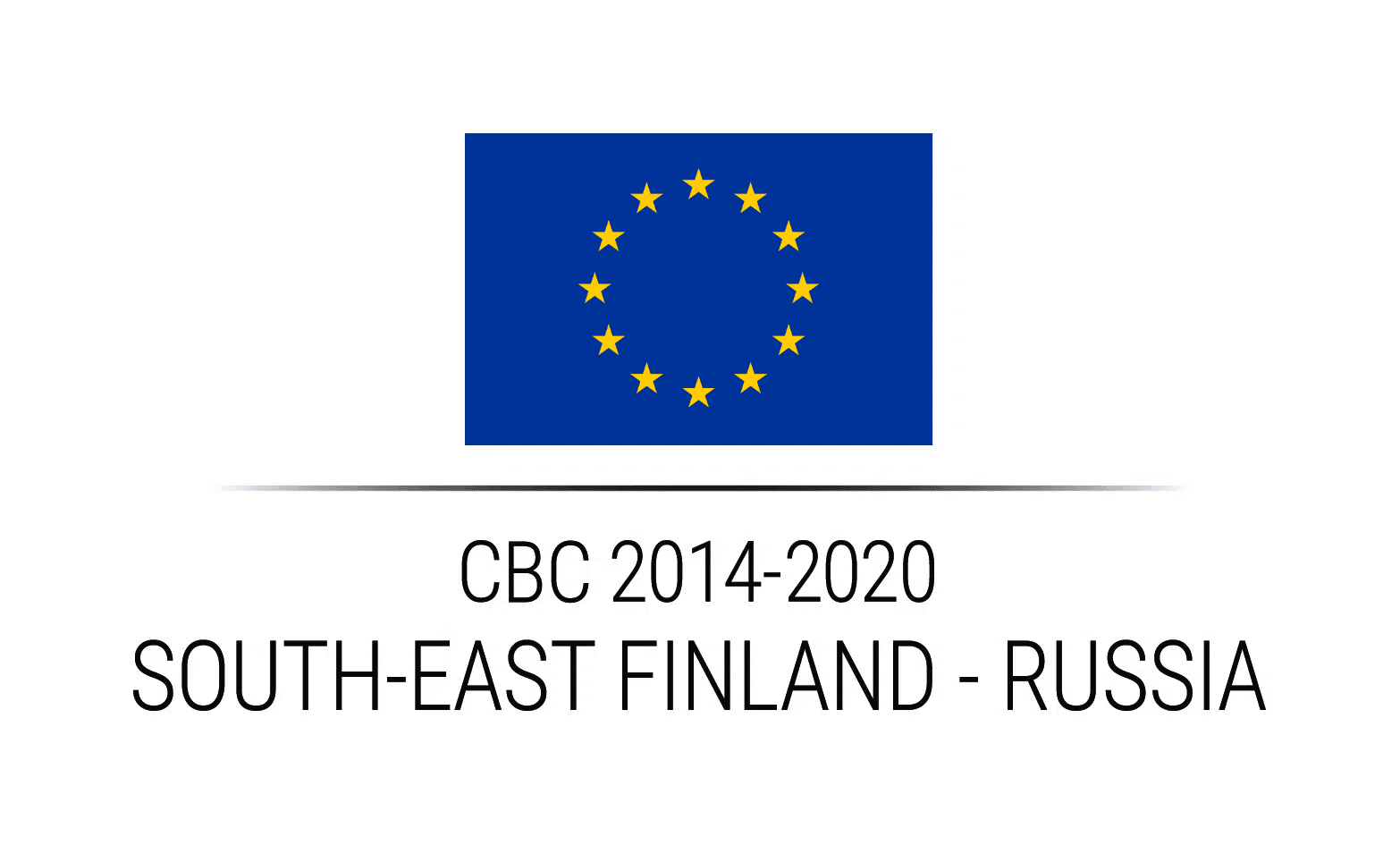LEAD PARTNER AND PARTNERS
Q: Is it possible to submit several proposals with the same lead partner? Are there any limitations?
A: The same lead partner can submit several proposals assuming it has adequate resources (both financial and personnel). The Managing Authority and the evaluators will evaluate the sufficiency of resources when giving scores to the project proposals.
Q: Can the same organisation be a lead partner in one project and a partner in another? Are there any limitations?
A: Yes, it is possible. However, it is good to note, that the sufficiency of the resources is evaluated when giving scores to the project proposals taking also into account one organization’s participation to several projects.
Q: Can we have a project with the partners only from one country, meaning only from Finland or only from Russia?
A: No, there have to be always partners from both countries (the minimum demand is one partner from the Russian core area and one from the Finnish core area). This is a cross border cooperation programme and all projects must have value added to cross border cooperation.
Q: Are there any limitations of participation for the partners from the adjoining areas?
A: There has to be at least one partner from the core areas in both Finland and Russia in each project, including the projects planned in adjoining areas. Another limitation is that not more than 25 % of the programme’s total financing can be allocated to adjoining areas. This may limit the participation, especially during the later calls. The other notable issues, that are evaluated during the quality assessment, are that the partner from an adjoining area should bring expertise and know-how which do not exist in the core area and it is always the core area which should benefit from the projects’ final outcomes. The areas of expertise are stated in the Joint Operational Programme (JOP) which can be found on the programme website: https://www.sefrcbc.fi/cbc-2014-2020/programme-documents/. Large infrastructure projects (LIP) can not be funded in the adjoining regions.
Q: Are there any limitations of participation for the partners from major economic and cultural centres?
A: Major economic and cultural centres in the programme are the cities of Turku and Moscow. There has to be at least one partner from the core areas in both Finland and Russia in each project, including the projects planned in major economic and cultural centres. Partners from the city of Moscow can only participate in the projects of programme priority 4 (Well-connected region). Partners from the city of Turku can only participate in the projects of programme priorities 1 (Lively, active and competetive economy) and 2 (Innovative, skilled and well-educated area). The outcomes of the projects should always benefit the core regions which is why the programme funding to adjoining regions and major economic and cultural centres is limited to 25 % of the programme’s total funding. Large infrastructure projects (LIP) can not be funded in major economic and cultural centres.
Q: Can we include so called associate partners in our project?
A: There is no such role as an associate partner in our Programme. However, if there is a need to include member(s) to the project’s steering group from other organisations than project partners, you may reimburse their travel expenses, provided that they are presented in the budget. Also, their participation to the steering group work has to be justified in the application. Seminar speaker fees, for example, can be also accepted in the same manner.
Q: Can a regional operational unit of a national public entity act as partner?
A: A regional operational unit of a national public entity is accepted to act as partner if its employees engaged in the project 1) provably work in the regional unit located in the programme area and 2) conduct such operations in the project that can unquestionably be proven to benefit the programme area. In this case, it is recommended that the applicant/partner use the address of the regional unit in the project documents.

